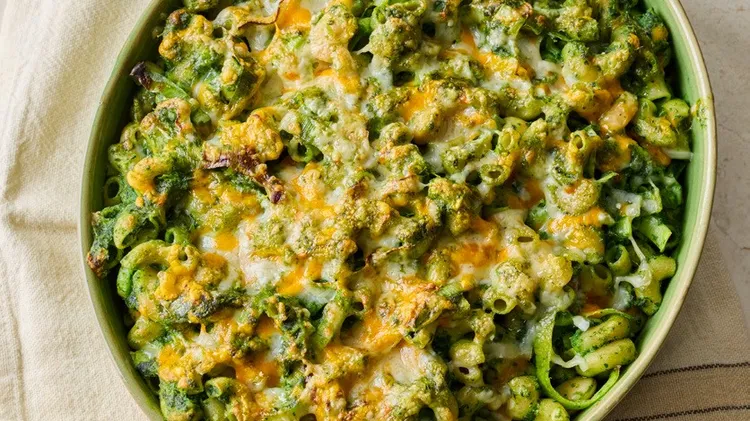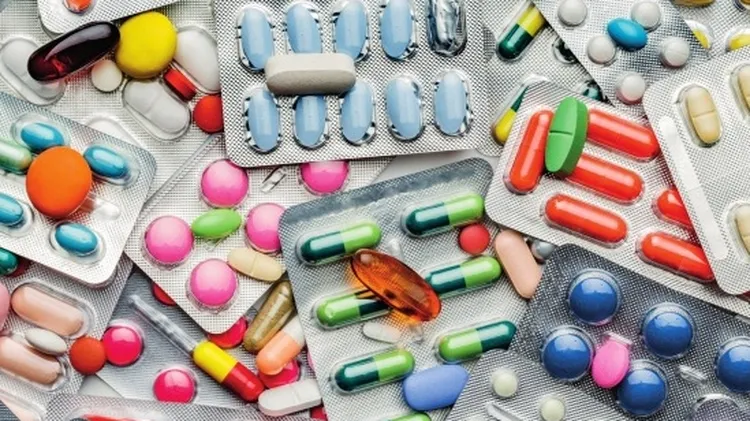Is protein a midlife must or has it been over-hyped? Nutritionist Stephanie Moore
The p word
8 min read
This article is from...
Read this article and 8000+ more magazines and newspapers on Readly






